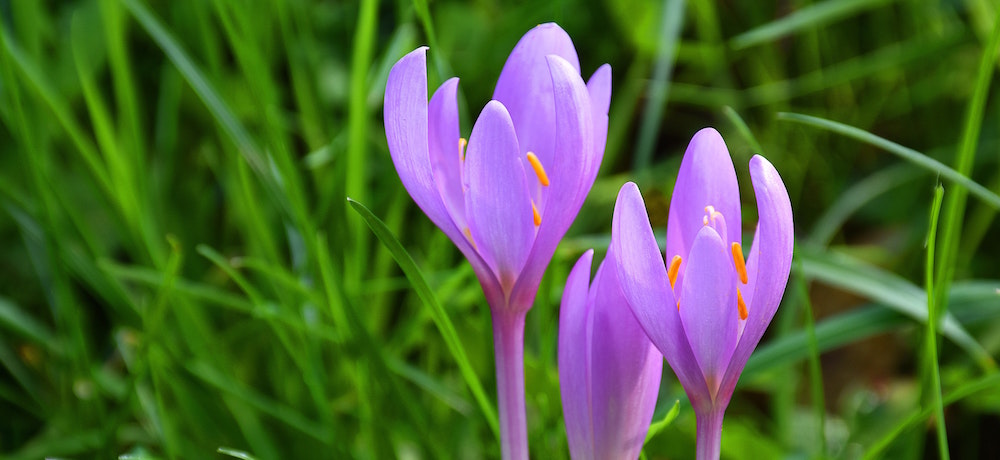The trouble with Ostarine: Jimmy Wallhead’s
16th March 2018
Features


The International Equestrian Federation (FEI) has amended its anti-doping rules after finding that hay contaminated with the Autumn Crocus plant can cause horses to report adverse analytical findings (AAF) for Demecolcine. On 22 June, two athletes were able to prove to the FEI that AAFs for Demecolcine were caused by horses consuming hay contaminated with the Autumn Crocus.
On 1 January, the FEI reclassified the Banned Substance Demecolcine as a Specified Substance, based on the fact that it is a known contaminant of certain forage – i.e. the Autumn Crocus. Demecolcine is used for Rheumatic treatment and Chemotherapy, it improves Radiotherapy results, control Leukaemia and Gout and is classified as a banned substance under the FEI Equine Prohibited Substances List. A positive finding for Demecolcine in a horse’s Sample constitutes an Equine anti-doping rule violation.
However, in the June cases, the FEI accepted that there is no known veterinary use of the Demecolcine and the alkaloids of the Autumn Crocus are highly toxic to both humans and horses. The FEI also accepted that Demecolcine is a metabolite of Colchicum, a toxic genus of plant that includes the Autumn Crocus.
In a third case (PDF below), publicised yesterday, the FEI found that Irish jockey Michael Kearins bore no fault for a 27 May 2017 Demecolcine AAF, accepting that his horse, Severly Hille, had consumed hay contaminated with the Autumn Crocus. In all three cases, the horses and athletes were disqualified from the event during which they returned an AAF, but were found to be at no fault and no further sanctions were imposed.
• Eleven athletes (and a horse trainer) from eleven countries, competing in nine sports, were...
• 20 athletes from nine countries, competing in ten sports, were involved in anti-doping proceedings...
• Twenty four athletes from 13 countries, competing in eight sports, were involved in anti-doping...